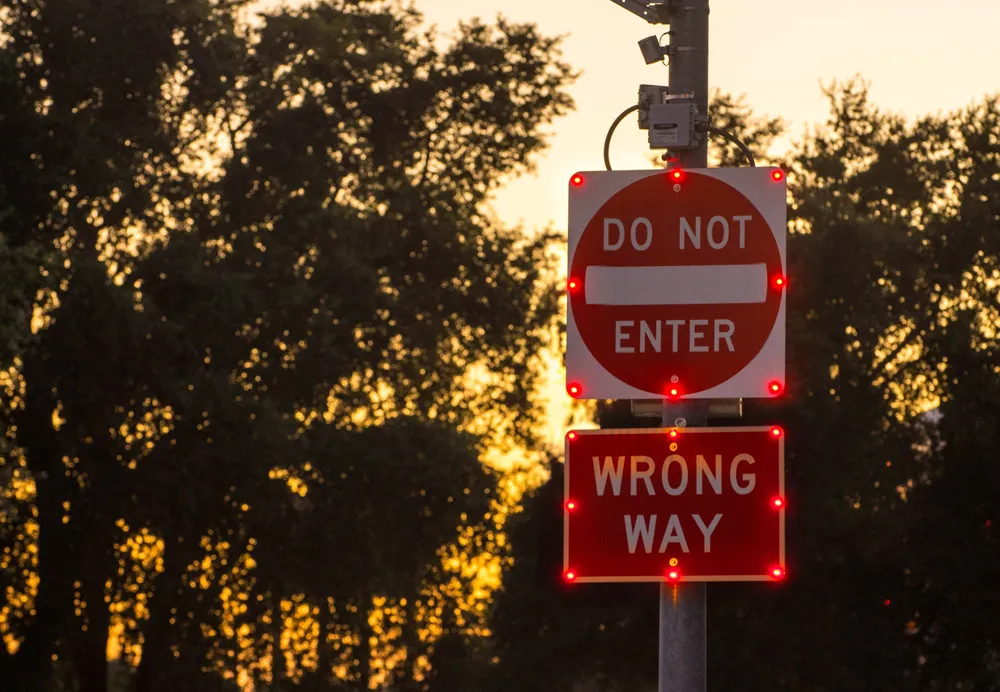Jakarta city administration and Jakarta Police have teamed up to prepare a more sophisticated system of traffic enforcement using electronic ticketing, in order to reduce fraudulent practices by police officers in the field. “Such a measure will reduce illegal levies collected by traffic policemen in the field from traffic violators,” Deputy Jakarta Governor Basuki “Ahok” Tjahaja Purnama said. To support the system, the administration will install CCTV cameras across the capital to record traffic violations
February 13, 2013
Read time: 2 mins
Jakarta city administration and Jakarta Police have teamed up to prepare a more sophisticated system of traffic enforcement using electronic ticketing, in order to reduce fraudulent practices by police officers in the field.
“Such a measure will reduce illegal levies collected by traffic policemen in the field from traffic violators,” Deputy Jakarta Governor Basuki “Ahok” Tjahaja Purnama said.
To support the system, the administration will install CCTV cameras across the capital to record traffic violations, including speeding, using Transjakarta’s exclusive lanes and driving against the flow of traffic.
“For example, when someone violates the traffic laws, his license plate will be captured and the ticket will be sent to him. The fine will be automatically withdrawn from his bank account,” Ahok explained.
An electronic traffic system would also help authorities identify stolen vehicles and false license plates, he said.
City administration will appoint a third party to help with the technology and the equipment and who would be entitled to build and operate the system for a certain period of time.
“The city administration will pay back the investment within a certain period of time so it will have full ownership of the equipment eventually. The police department will also benefit from such a system because it is very practical,” said Ahok.
Jakarta traffic police chief Chrysnanda Dwi Laksana said the police would prepare the system by building an electronic registration and identification (ERI) system and establishing a data center at the Traffic Management Centre (TMC). Police will also work together with the transportation ministry’s intelligent transportation system (ITS) to monitor vehicles using the capital’s roads.
“We want to raise people’s awareness that they are being monitored while driving their vehicles. We hope that it will enhance people’s obedience of traffic laws,” he said.
According to Chrysnanda, the TMC already has a number of CCTV cameras installed across Jakarta. “We are building an integrated system to support the program. We already have an integrated CCTV system, a crisis centre and the ITS,” he said.
“Such a measure will reduce illegal levies collected by traffic policemen in the field from traffic violators,” Deputy Jakarta Governor Basuki “Ahok” Tjahaja Purnama said.
To support the system, the administration will install CCTV cameras across the capital to record traffic violations, including speeding, using Transjakarta’s exclusive lanes and driving against the flow of traffic.
“For example, when someone violates the traffic laws, his license plate will be captured and the ticket will be sent to him. The fine will be automatically withdrawn from his bank account,” Ahok explained.
An electronic traffic system would also help authorities identify stolen vehicles and false license plates, he said.
City administration will appoint a third party to help with the technology and the equipment and who would be entitled to build and operate the system for a certain period of time.
“The city administration will pay back the investment within a certain period of time so it will have full ownership of the equipment eventually. The police department will also benefit from such a system because it is very practical,” said Ahok.
Jakarta traffic police chief Chrysnanda Dwi Laksana said the police would prepare the system by building an electronic registration and identification (ERI) system and establishing a data center at the Traffic Management Centre (TMC). Police will also work together with the transportation ministry’s intelligent transportation system (ITS) to monitor vehicles using the capital’s roads.
“We want to raise people’s awareness that they are being monitored while driving their vehicles. We hope that it will enhance people’s obedience of traffic laws,” he said.
According to Chrysnanda, the TMC already has a number of CCTV cameras installed across Jakarta. “We are building an integrated system to support the program. We already have an integrated CCTV system, a crisis centre and the ITS,” he said.









